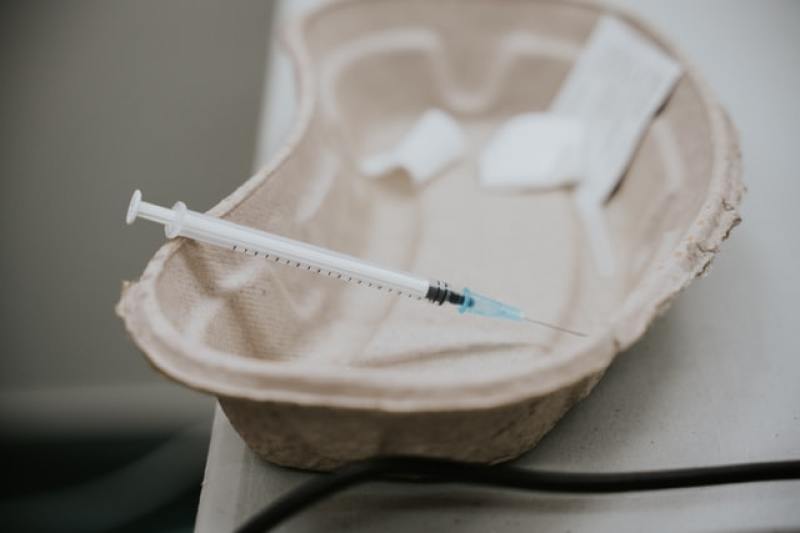
Despite COVID vaccines being readily available to those who need it in developing countries, vaccination rates continue to stall in the United States and in the U.K. Some are attributing the slow down to the younger generation, whose vaccine hesitancy is linked to last year's findings that COVID was more likely to affect the elderly and those with underlying conditions. In the U.K., a large number of younger folks, people who are at fertile, reproductive ages, are also thinking twice about getting the COVID jab because of its links to infertility, miscarriage, and sometimes, even death.
According to The Guardian, the Observer interviewed several individuals in their 20's who have not yet been gotten the COVID vaccine and reported that many cited "anxieties about their health, scepticism about the vaccines and social media scares, and a general lack of motivation" as reasons for their vaccine hesitancy.
A 26-year-old computer engineer and barber named Mahmud Iqbal from London said that when health authorities initially prioritized the elderly and vulnerable for the COVID vaccines, he was "all for it." However, "the agenda flipped. The age groups were getting lower and my family started asking me if I was going to take the vaccine," he said. Iqbal now questioned why he needed to get the COVID vaccine despite having gotten COVID and fully recovered from it, admitting that he has "fears about side-effects."
A 24 year old painter and decorator said that he found it "unsettling" that he was being encouraged to take "an experimental vaccine." A 28 year old from West Midlands admitted she was worried about the effects of the COVID vaccine on her fertility, saying, "I've read about a lot of adverse reactions to the vaccine too which puts me off - effects on women's reproductive systems and cycles. I want to have a baby in the next year and there's no published data on its long-term effects on fertility. "I just don't understand why I really need it, I'm healthy and I trust my immune system over the government."
Experts' revelations
Some experts are blowing the whistle on COVID vaccines and their link to a number of side effects such as infertility, miscarriage, and deaths.
According to LifeNews, pro-life Christian activist organization Operation Rescue recently spoke to a whistleblower who "sits on a COVID-19 task force who first came forward to Abortion Free New Mexico to warn of pregnancy complications that were being reported by women after they took one of the vaccines."
This female whistleblower spoke with Mark Harrington of Created Equal, an anti-abortion advocacy group twice to shed light on "pregnancy outcomes such as miscarriage and impacts to future fertility that appear to be caused by the COVID-19 vaccines."
The whistleblower is reportedly a U.S. Army veteran who received the National Defense and Global War on Terrorism Service Medal and has a Bachelor of Science degree in Molecular Biology, a Master of Science degree in Nanoscience and Microsystems, and a PhD in Engineering focusing on Nanoscience. As a nanoscience expert, the whistleblower argued that the nanoparticle material in the COVID vaccine enters the body, provokes an immune response, and travels throughout the body and can even "cross the blood-brain barrier."
The unnamed whistleblower added that "These nanoparticles go over the body so we're seeing adverse effects in virtually every single organ system of the body. We've had a case of blindness being reported, deafness, seizures, other neurological problems. The clotting disorders are very common. Low platelets are another one that's very common."
A study titled "Preliminary Findings of mRNA Covid-19 Vaccine Safety in Pregnant Persons" analyzed data from the "v-safe after vaccination health checker" and found that among 827 vaccinated women who completed pregnancy, "115 (13.9%) resulted in a pregnancy loss and 712 (86.1%) resulted in a live birth (mostly among participants with vaccination in the third trimester)."
It also found that 104 pregnancies resulted in spontaneous abortion (12.6%) and in other outcomes such as induced abortion and ectopic pregnancy that represented 10 pregnancies or 1.2% of 827.





















